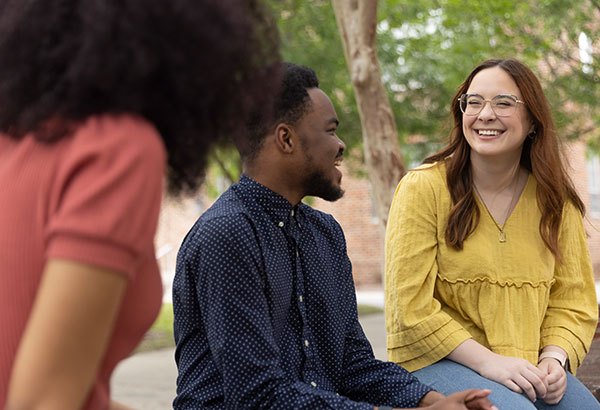Southeastern, Pennington Biomedical form partnership to fight obesity in children
Monday, June 8, 2015
by: Rene Abadie
HAMMOND - A new and unique program in Louisiana will allow college students to receive real-world
training in preparation for careers working with children who are struggling with
their weight.
Project I-PAL is a partnership between Southeastern Louisiana University in Hammond
and LSU Pennington Biomedical Research Center in Baton Rouge that will create the
first teaching space of its type in Louisiana, where students will receive interactive
instruction and learn to conduct assessments as part of their curriculum.
Officials at both institutions said Project I-PAL will create an interactive physical
activity lab housed in Southeastern’s Family and Consumer Sciences program, which
will accommodate digital health technology, exergaming and fitness equipment designed
for children and adolescents, with teaching space for faculty and students to work
directly with youth and families to help them develop healthier lifestyles. Funded
by a Louisiana Board of Regents Undergraduate Enhancement Program grant, Project I-PAL
will provide unique opportunities for children to engage in physical activity and
to address possible psychosocial issues such as poor self-esteem and body image that
may be detrimental to children’s overall health and wellness.
Additionally, I-PAL will allow researchers to work with families to study the
effects of formal exercise-based activities on weight and other health indicators,
according to Holly Kihm, PhD, assistant professor of Family and Consumer Sciences
at Southeastern and principal investigator of the I-PAL Project.
According to the journal “Pediatrics,” one in two children in Louisiana is considered
overweight or obese. It is projected that as many as 24,000 more children in the state
may be diagnosed with obesity by 2020, according to the Louisiana Department of Health
and Hospitals Adolescent School Health Program. This can lead to diabetes, high blood
pressure and a variety of other dangerous medical conditions.
“Our goal is to not only support healthy lifestyles and practices among the children
and youth but to also provide hands-on experiences for our university students who
may become teachers, nutritionists, physical education instructors or play other roles
in working with children,” Kihm said. “Before embarking on professional careers, these
students need to hone their skills and identify best practices so they are real-world
ready to work with children and adolescents who struggle with weight management.”
Project I-PAL will house 16 specially outfitted, youth-sized pieces of play and
exercise equipment, such as treadmills, spin bikes, ellipticals and a climbing wall,
including nine from Pennington Biomedical and seven purchased via grant funds. Southeastern
will provide the space for the research by transforming a traditional classroom into
a practical teaching space for faculty and students to work with children and families.
The classroom will also be outfitted with a video conferencing system to allow researchers
at Pennington Biomedical to be involved in teaching and coaching experiences with
Southeastern faculty and students.
“Project I-PAL works to ensure that children are able to develop healthy lifestyle
patterns early on so they are able to gain weight at a healthy pace and avoid critical
health problems related to obesity,” said Amanda Staiano, Ph.D., assistant professor
and director of the Pediatric Obesity and Health Behavior Laboratory at Pennington
Biomedical and co-principal investigator on the I-PAL project.
Project I-PAL will draw from university students studying family and consumer
sciences, social work, counseling, kinesiology and health studies, exercise science,
education, nursing, and communication sciences and disorders.
I-PAL is recruiting students from area elementary schools to participate in the
program. Students selected to be part of the project will receive health assessments
and exercise lessons from Southeastern and Pennington Biomedical researchers at no
cost to them.
For more information, contact Kihm at holly.kihm@southeastern.edu.






